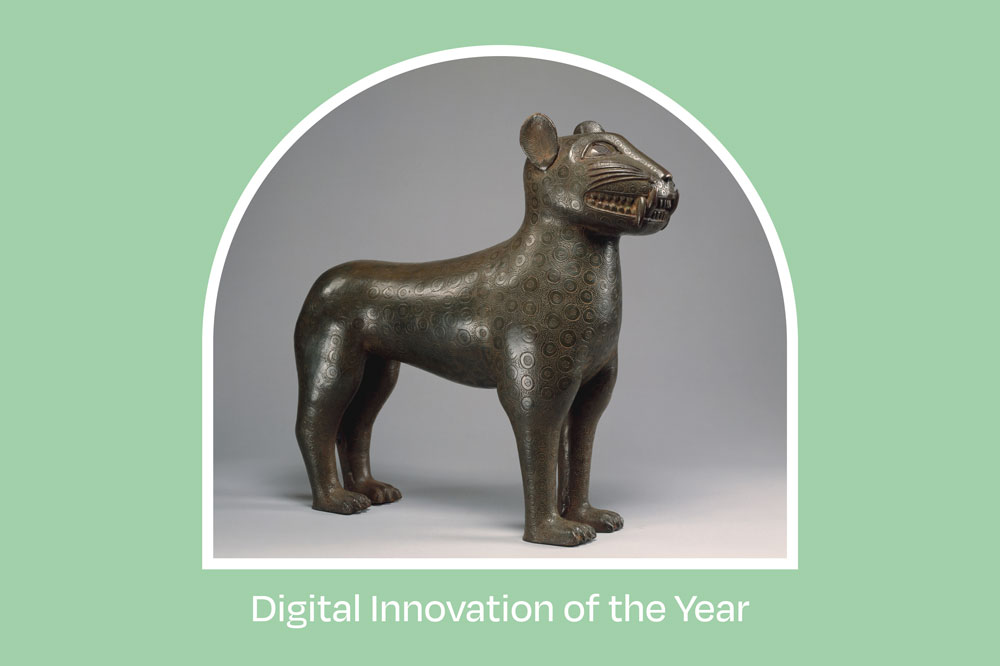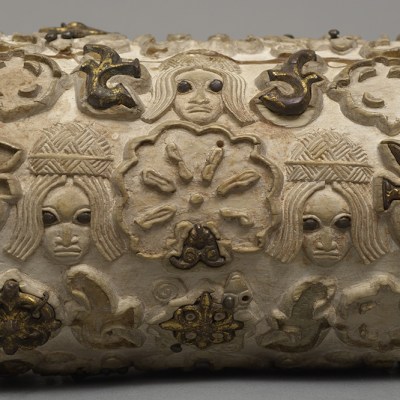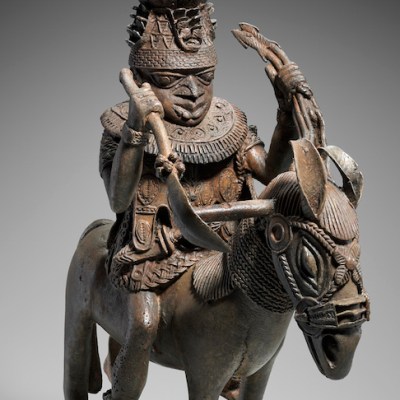When Digital Benin was launched in November 2022, it was widely praised. Here at last was a comprehensive database of the thousands of brass and ivory objects – the Benin Bronzes – looted in 1897 by the British from the Kingdom of Benin in what is today Nigeria, and now scattered around some 130 museums, almost all in Europe and the United States. By drawing on the knowledge and values of the Edo, it also returns the people who made the Bronzes to the centre of their own story.
One year on, the Digital Benin team – researchers and historians from Nigeria and the West – are about to relaunch the site with the addition of almost 5,000 archival documents from museums and libraries across the world. These documents – diaries, letters, auction catalogues, inventories and more – contain an extraordinary wealth of material. They chart the shifting contexts in which the Bronzes have been understood – whether as Edo sacred objects, military booty, or works of art which transformed the West’s appreciation of Africa.
Both the beauty of the Bronzes and the manner of their theft have put them at the forefront of fraught debates about restitution and the legacy of colonialism. Digital Benin, controversially, has chosen not to display many of the 900 photographs it received from Western institutions on the looting and subsequent display of the Benin Bronzes until its researchers decide how, or whether, to include ‘potentially traumatising material’.
Digital Benin is also working to update its original database, in which the information from the National Museum in Lagos is far from complete. This museum has a superb collection of Benin Bronzes, although they are poorly exhibited and it receives few visitors. Digital Benin currently records 81 Benin Bronzes looted in 1897 as being in Lagos, but this number will more than double once new data is brought online.
Several Western museums have recently transferred ownership and in some cases physically returned Benin Bronzes to Nigeria. Recording these transfers on Digital Benin has not been straightforward. It is not always clear which objects German museums will be returning. The former president of Nigeria’s declaration that Benin Bronzes are owned by the Oba – the traditional king of the Edo – threw the federally run museum service, which had been expecting to take charge of them, into confusion. ‘How do we say who these objects are owned by?’, one of the researchers on Digital Benin asks.
Still, the passion that has always accompanied these objects underlines the value of the platform itself. Felicity Bodenstein, Digital Benin’s lead investigator on provenance, hopes the success of the platform can be replicated. ‘We want this to be a prototype,’ she tells me. ‘A model that might work for other communities of researchers to do something similar.’
Leopard (1550–1680), Edo artist. Metropolitan Museum of Art, New York

Barnaby Phillips is the author of Loot: Britain and the Benin Bronzes (Oneworld).



